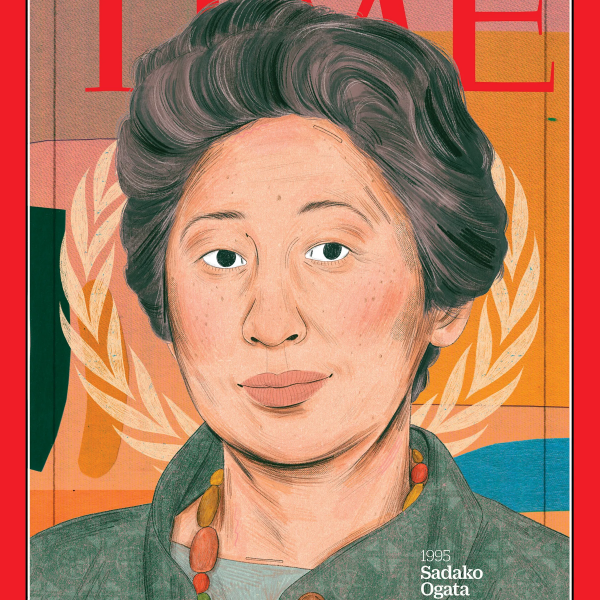Music is not racial, but it is cultural.
I want to say up front that this thought is a work in progress and may result in other blogs as I process this.
I think what made Mr. Early’s question, what is “black music”, so difficult to answer is that it is easy to think of this as being a question of race. I suggest that what may help lead to an easier answer is to think of it in terms of culture and how different cultures apply music elements and also how their culture influences their music.
Music, in and of itself, is a rather simple thing. It has two primary elements; sound (pitch) and time (rhythm). We only have twelve notes in Western European based music and five notes in much of the rest of world music, such as most of Asia. How we use those notes in sequence (linear melody) and combination (vertical chords) makes one song different from another. There is more variety available to us in how we use music in time. There is an almost unlimited way we can organize the duration of notes (rhythm) and also how we apply the sense of beat (swing vs. straight).
Music is an extremely difficult thing to pinpoint and define. In part because there are two applications of the word music; what we see and what we hear. There is music in print and there is music that is performed. There is nothing emotional about looking at sheet music. It is dots and lines and squiggles on a piece of paper. What transforms it into something powerful is when a human translates those dots, lines and squiggles into something that has meaning. There is an anonymous quote that I love. “Art is speaking from the deepest part of oneself into the deepest part of others”. I recently wrote a short jazz tune for a friend of mine. It is on my computer and when I listen back to it on the computer it is cold and sterile. I can hear what I want it to sound like in my head, but the computer is interpreting everything I wrote, even playing the swing style. It doesn’t sound exactly like what I hear in head.
So, back to the topic at hand. Is there music we associate with black musicians and black culture? Yes. Similarly, we can do the same with Latin/Spanish music, Asian music, white European music (such as classical, country, etc) and American Indian music.
When we think of music as being cultural, I think it is then easier to explain why music can crossover from one culture to another easier. In this sense, music is like ethnic foods. Most people don’t think twice about eating food from other cultures. We don’t necessarily like all of it and as we try different foods we narrow down what we like and don’t like. I don’t personally get why, but some people just don’t like Mexican food. But, that doesn’t mean that they are rejecting all Mexicans because they don’t like enchiladas.
I think the difference is that when we think of the music of black culture, it is more readily identified in terms of race because of the struggle in the 50’s, 60’s and 70’s (and still a little today) with civil rights and a desire for a black identity and that music (and as we have seen in our readings other art forms too) was used as a tool to achieve that means. I’m not saying it was right or wrong to use that tool. It is a very powerful tool because of how music taps into the emotional part of us as humans. It, however, can cause a racial association of that music, rather than a cultural association.
I think that Count Basie and Duke Ellington are examples of “black” music that did not have a racial association and, therefore, was more widely accepted by white culture as a great form of music. My grandparents grew up in pre-WWII Southern California. I love hearing them tell the stories of driving to Hollywood on Friday and Saturday nights to go swing dancing. They didn’t care if it was Glen Miller’s band or Count Basie’s band. They just cared that it was fantastic music and that they could dance to it.
It is my hope that the further we get removed in time from the politics of the 60’s that “black” music will be thought of more in terms of culture than race for the sake of it being great music. My dad was a teen in the 50’s and therefore, as children, we were subjected to his 50’s tapes and he oldies station when we drove around town with him. As we were listening to the doo-wop music in class the other day it struck me that we just knew we were listening to great music. We had no idea which of those songs we heard were sung by black or white groups. As I have gotten older and started to hear some of those same songs again and pay more attention to them there have been a number of times I was surprised to find out that some of those songs were sung by black artists. We just didn’t know that there could be a difference.
Well, that got rather longer than I thought and I still have a lot rolling around in my head. So rather than write an even bigger novel for you, I will leave it here and see what kind of conversation this generates.
-- Eric Lucas



